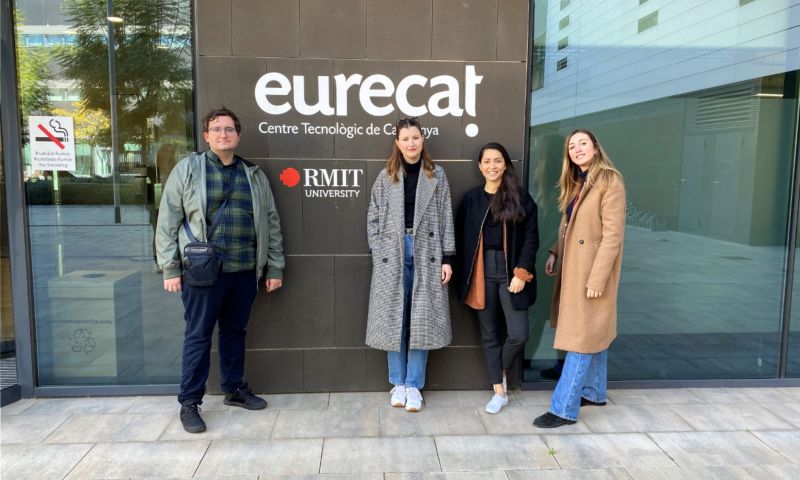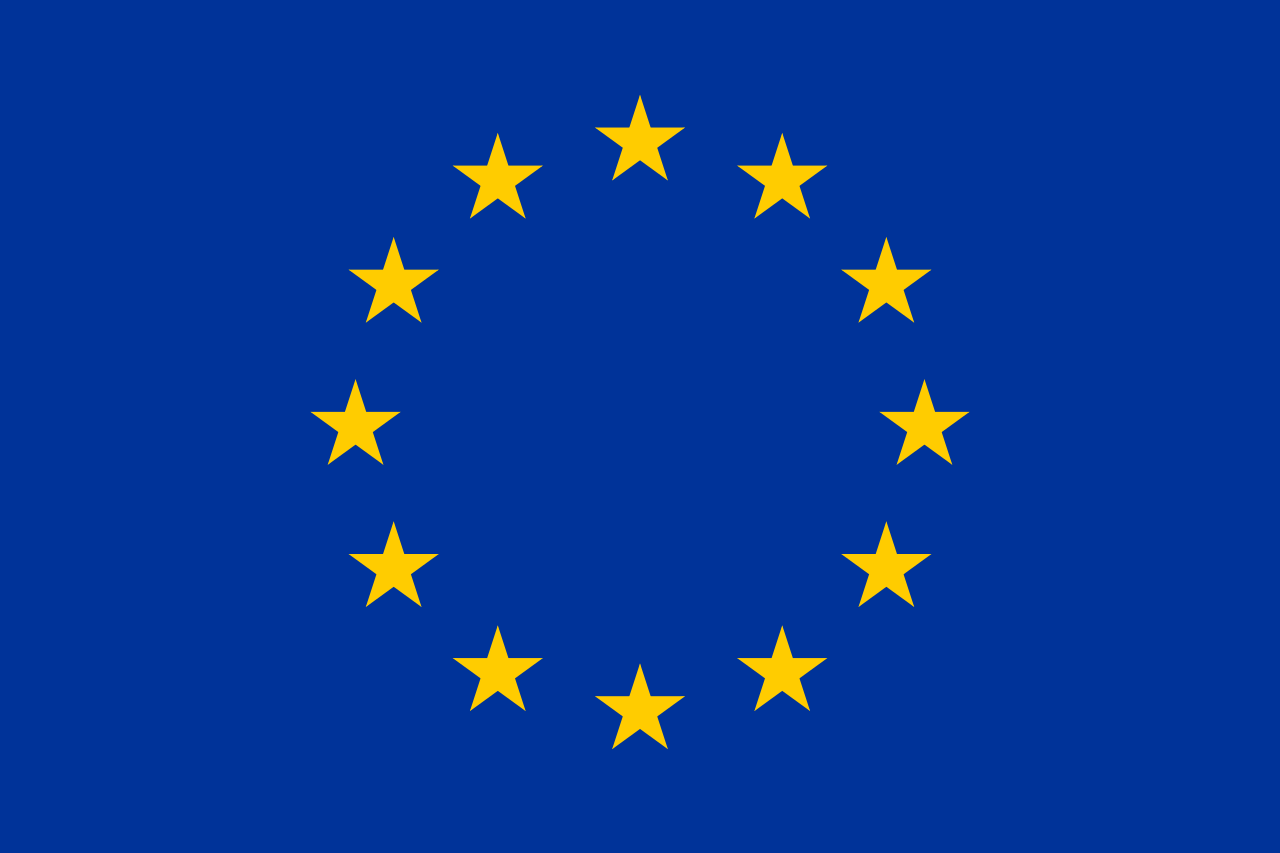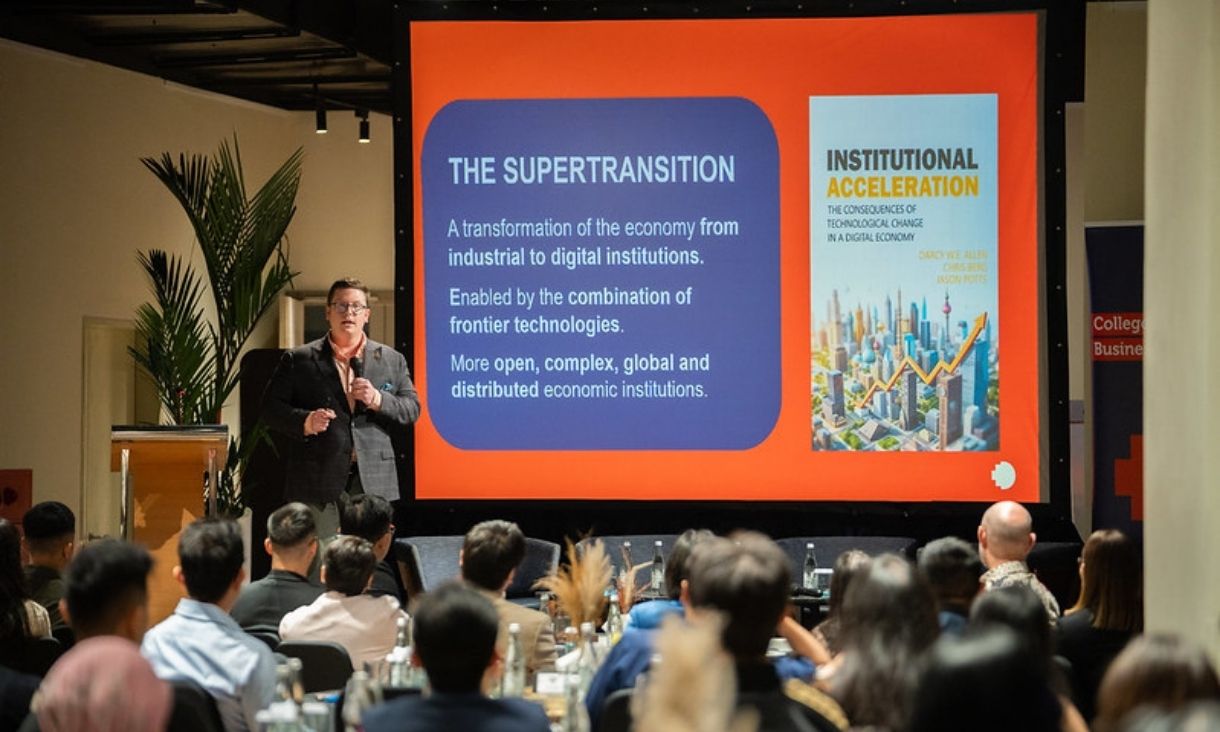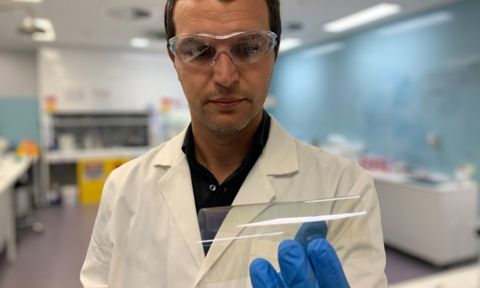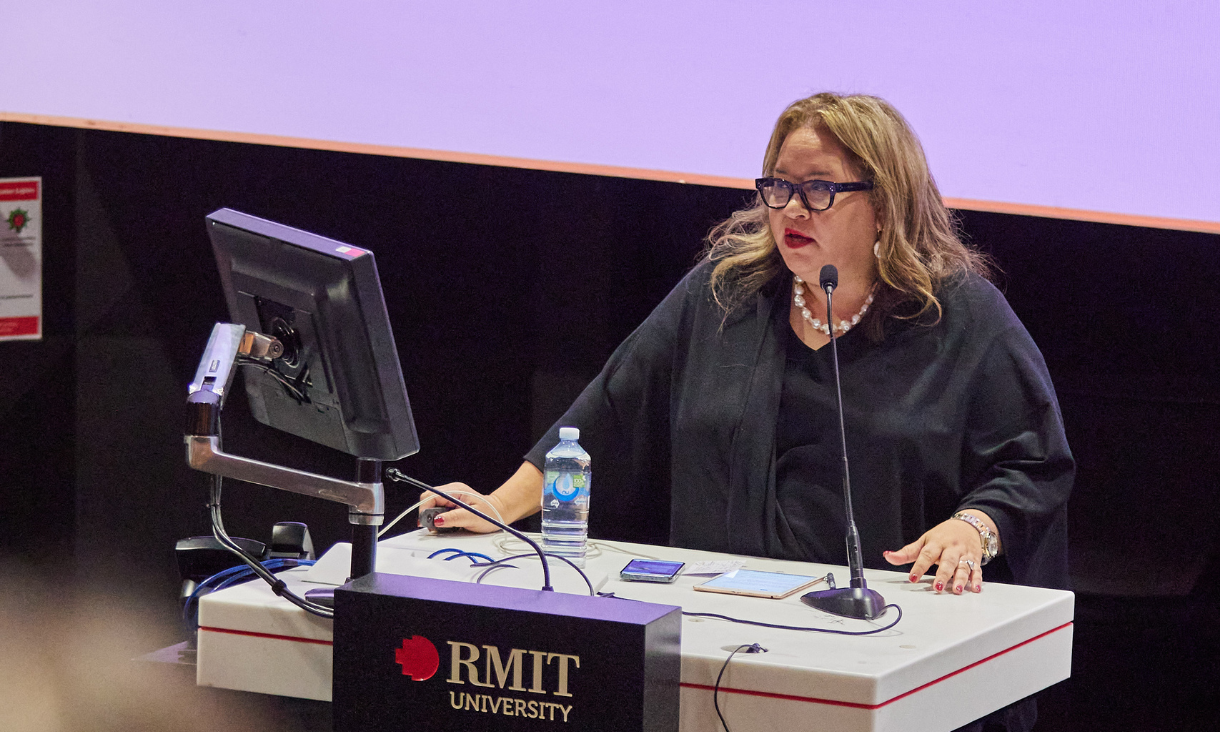Managing digital transformation in the workplace
Vivian Marcelino, a former program manager at the United Nations, has spent the last eight years working on innovation initiatives, most recently supporting leading companies in Asia to transform and unleash their potential for business improvement.
Marcelino's PhD at RMIT Europe will identify current and future skills and competencies of employees dealing with the management of digital transformation, including new ways of working within and across organisational networks.
“I want to understand how intrinsically human factors can affect an organisation’s efforts to achieve digital transformation, for example by exploring the dynamics of employee skills and competencies, as well as their behaviours and beliefs,” Marcelino said.
“I’m aiming to deliver highly relevant industry and practice-oriented research and produce practical tools such as a roadmap to help organisations build employee capacity and bring about a successful workplace digital transformation.”
Upskilling in the era of robot financial advisors
Sophie Altrock worked at an international technology and management consultancy in Germany and did a Master’s in Management of Information Systems and Digital Innovation at the London School of Economics and Political Science before starting her EINST4INE journey at RMIT Europe.
“My PhD will build on my previous experience and explore the impact of so-called robo-advisors on employee skills and competencies in the financial sector,” Altrock said.
“My research aims to provide valuable guidance for business, policy and educational institutions on how to manage the impacts of Artificial Intelligence and automation on the individual in the workplace.”
Supporting and driving digital transformation
Chiara Mariottini completed a Master’s in Marketing Analytics and Metrics at LUISS Guido Carli University, one of the Italian partners in EINST4INE, before arriving in Barcelona to begin her PhD examining the possible implications of digital transformation for industry and society.
“My research project will look at the organisational capabilities, processes and structures that support and drive digital transformation,” Mariottini said.
“My training at RMIT Europe will help me to achieve my goal of pursuing a career in academia and contributing to the research environment on a European and global level by providing tools and opportunities which lay the foundation for the rest of my professional life.”
Examining the interplay between technology-centred ecosystems
Sébastien Martin’s varied academic background ranges from human sciences to computer science – a reflection of his strong interest in interdisciplinarity, not only in terms of methods but also in the implied evolution of research questions.
Martin's PhD will focus on the prediction of convergence in digital transformation, to better understand the increasingly blurred boundaries between different technologies or products and how they result in the emergence of new domains or the reinforcement of existing ones.
“Using a multidisciplinary approach, I’ll analyse patent data and then apply this methodology to use cases embedded in the broader frame of the digital transformation,” Martin said.
“Being able to predict the probability of convergence phenomena may help to empower managers of innovation ecosystems and guide entrepreneurs with their R&D and innovation investment choices, therefore contributing to business robustness and economic growth.”
Growing the PhD experience
Collaboration and networking are cornerstones of the EINST4INE experience, with inter-institutional activities such as bootcamps and summer schools engaging the PhD candidates and academics at the different European and Australian universities.
“We’re involved in a unique opportunity to couple our theoretical studies with in-field research at industry partners and build a wide network of scholars and researchers working in complementary areas,” Mariottini said.
EINST4INE’s training activities kicked off in 2021 with two online bootcamps and the launch of a reading club, a tailor-made course for the early-stage researchers to develop their critical academic reading skills.
An exciting year ahead
In 2022, the PhD candidates will be seconded to EINST4INE’s industry partners to gain hands-on experience and attend the inaugural summer school, to be hosted by RMIT Europe in early July and followed by a workshop in the autumn.
Keep an eye on the PhD blogs on the EINST4INE website to follow the research journeys of the PhD candidates at RMIT Europe and learn how their research is addressing important issues in the world of digital business.
Story: Hannah Tribe

